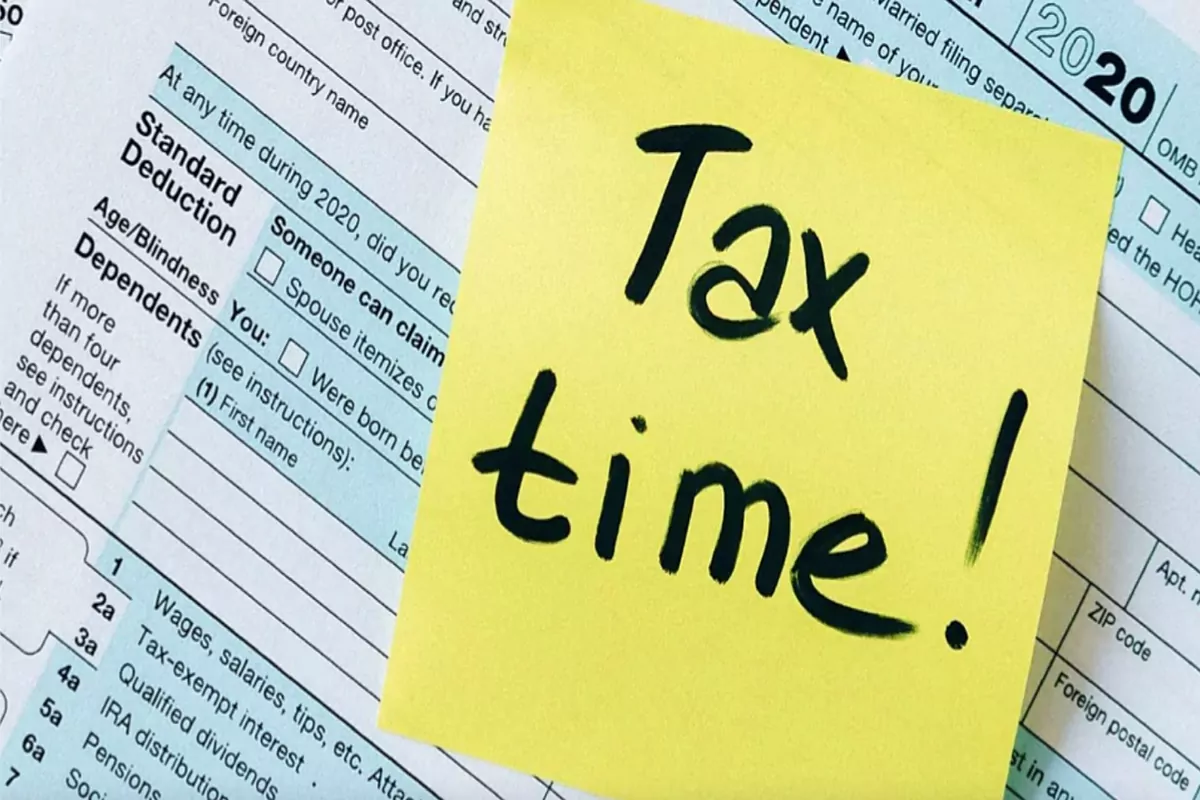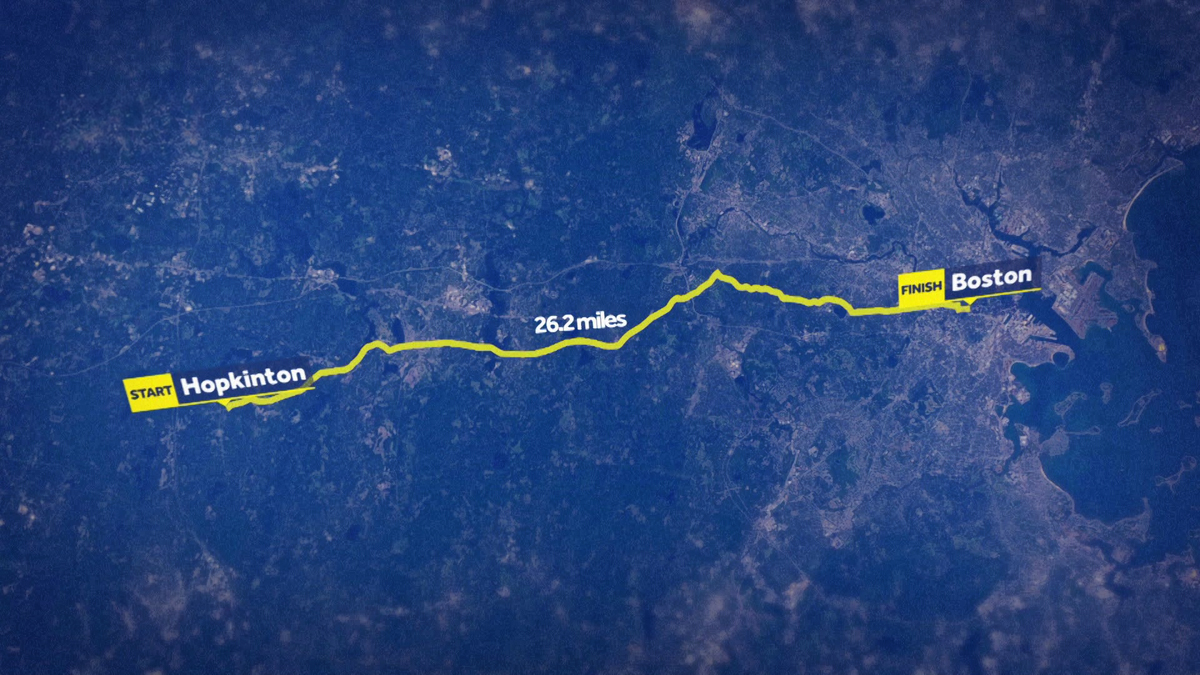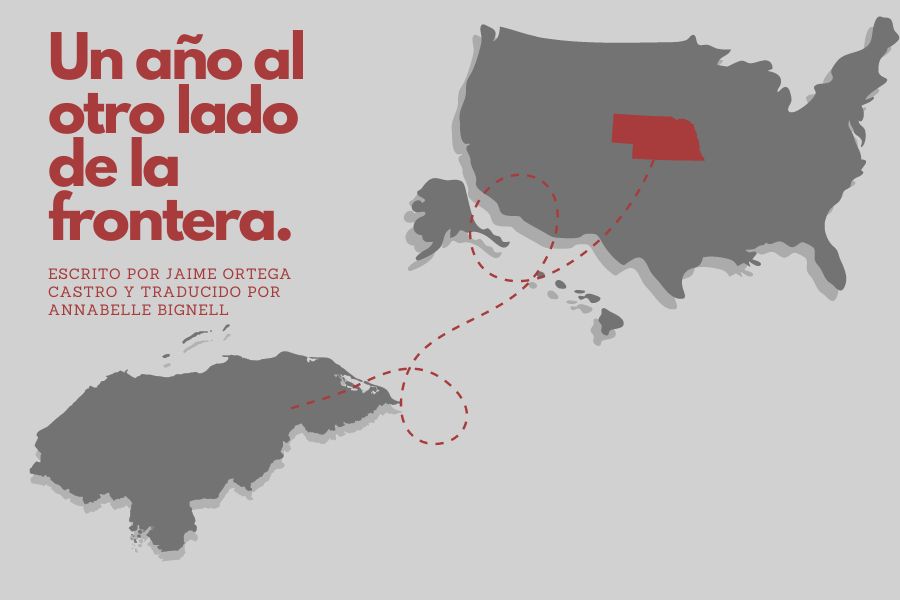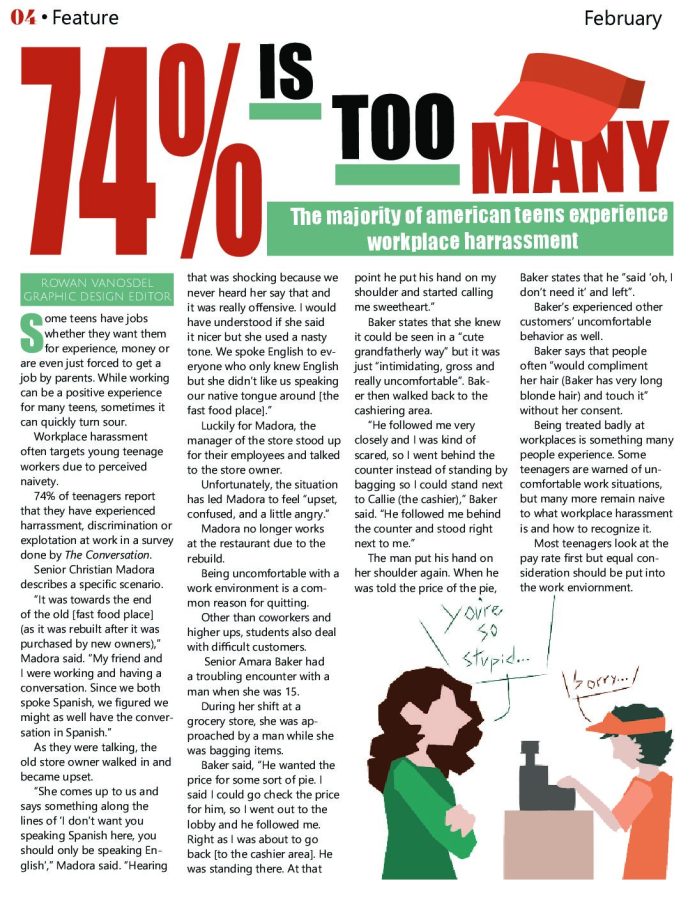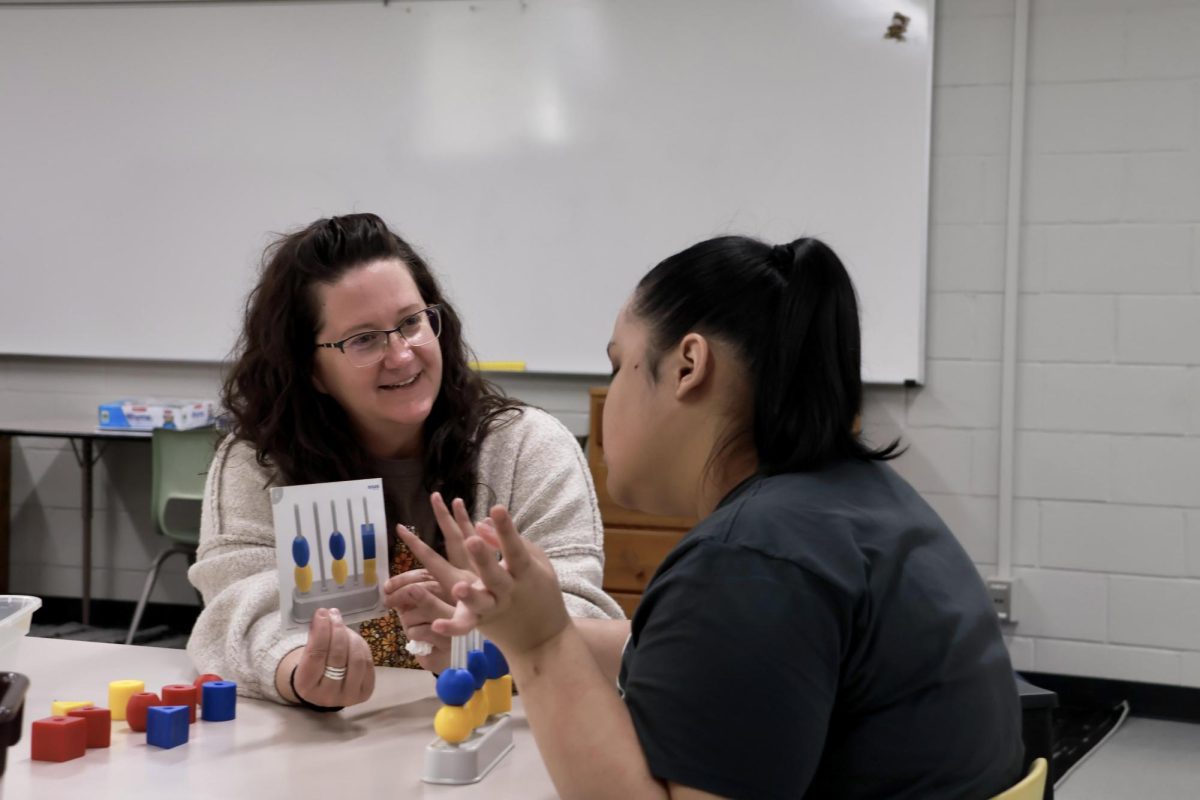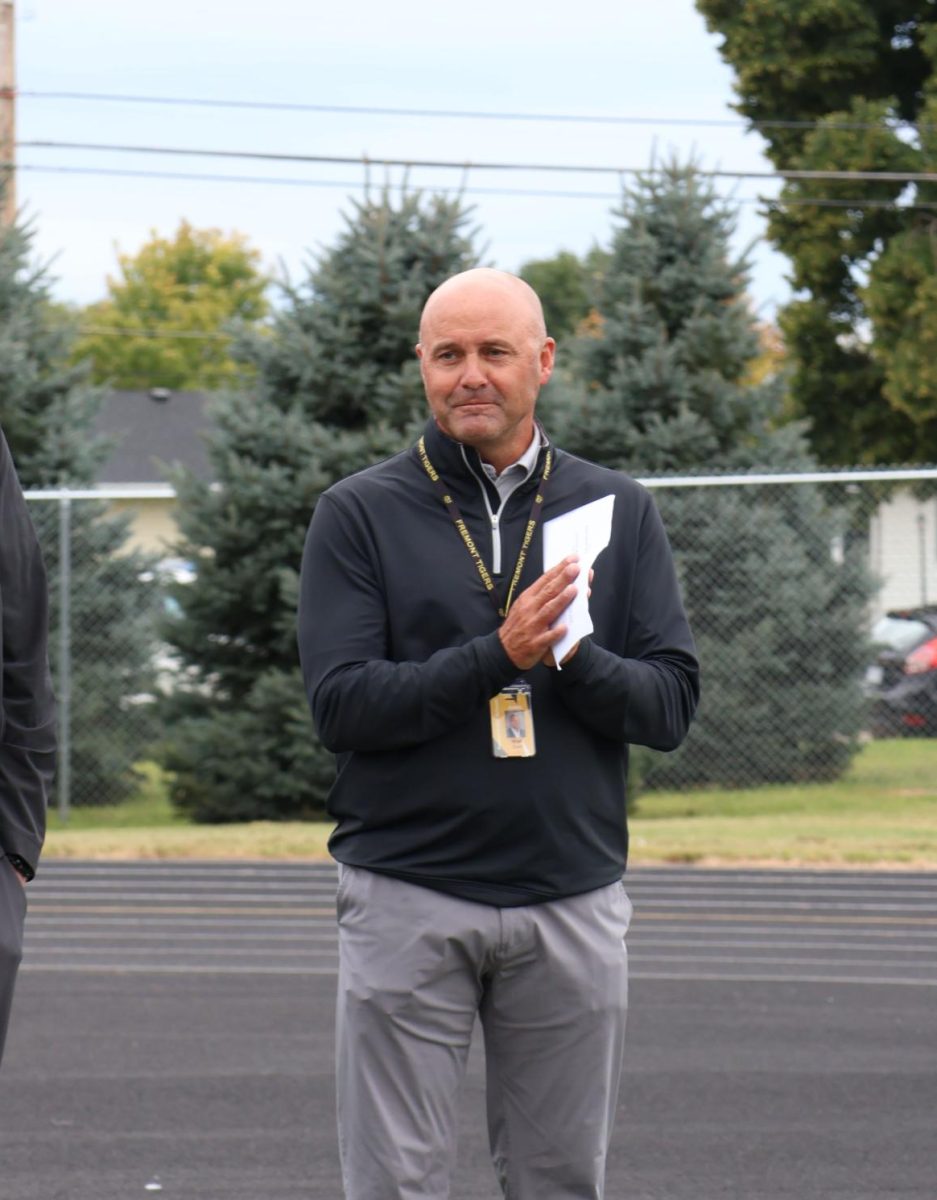Some teens have jobs whether they want them for experience, money or are even just forced to get a job by parents. While working can be a positive experience for many teens, sometimes it can quickly turn sour.
Workplace harassment often targets young teenage workers due to perceived naivety.
74% of teenagers report that they have experienced harassment, discrimination or explotation at work in a survey done by The Conversation.
Senior Christian Madora describes a specific scenario.
“It was towards the end of the old [fast food place](as it was rebuilt after it was purchased by new owners),” Madora said. “My friend and I were working and having a conversation. Since we both spoke Spanish, we figured we might as well have the conversation in Spanish.”
As they were talking, the old store owner walked in and became upset.
“She comes up to us and says something along the lines of ‘I don’t want you speaking Spanish here, you should only be speaking English’,” Madora said. “Hearing that was shocking because we never heard her say that and it was really offensive. I would have understood if she said it nicer but she used a nasty tone. We spoke English to everyone who only knew English but she didn’t like us speaking our native tongue around [the fast food place].”
Luckily for Madora, the manager of the store stood up for their employees and talked to the store owner.
Unfortunately, the situation has led Madora to feel “upset, confused, and a little angry.”
Madora no longer works at the restaurant due to the rebuild.
Being uncomfortable with a work environment is a common reason for quitting.
Other than coworkers and higher ups, students also deal with difficult customers.
Senior Amara Baker had a troubling encounter with a man when she was 15.
During her shift at a grocery store, she was approached by a man while she was bagging items.
Baker said, “He wanted the price for some sort of pie. I said I could go check the price for him, so I went out to the lobby and he followed me. Right as I was about to go back [to the cashier area]. He was standing there. At that point he put his hand on my shoulder and started calling me sweetheart.”
Baker states that she knew it could be seen in a “cute grandfatherly way” but it was just “intimidating, gross and really uncomfortable”. Baker then walked back to the cashiering area.
“He followed me very closely and I was kind of scared, so I went behind the counter instead of standing by bagging so I could stand next to Callie (the cashier),” Baker said. “He followed me behind the counter and stood right next to me.”
The man put his hand on her shoulder again. When he was told the price of the pie, Baker states that he “said ‘oh, I don’t need it’ and left”.
Baker’s experienced other customers’ uncomfortable behavior as well.
Baker says that people often “would compliment her hair (Baker has very long blonde hair) and touch it” without her consent.
Being treated badly at workplaces is something many people experience. Some teenagers are warned of uncomfortable work situations, but many more remain naive to what workplace harassment is and how to recognize it.
Most teenagers look at the pay rate first but equal consideration should be put into the work environment.
Categories:
The majority of teens experience workplace harrassment
0
Donate to The Tiger's Eye
$10
$1000
Contributed
Our Goal
Your donation will support the student journalists of Fremont High School. Your contribution will allow us to purchase equipment and cover our annual website hosting costs.



